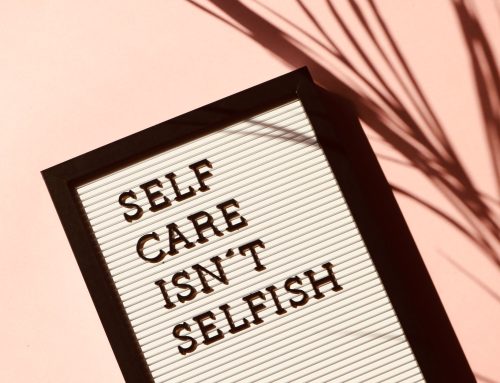MINES and Associates is proud to be partaking in the Access to Recovery III program. This is a federally sponsored program that helps those with substance abuse problems and little economic resources to get help kicking their addiction and becoming productive members of society. It also may be a step in the right direction for our government and our society. Our government, at the federal, state, and local levels, spends billions on enforcing our current drug policy with little to no effect on overall drug usage. The costs for one year of incarceration only (i.e., excluding law enforcement and court costs), is approximately seven times higher than one year of court mandated drug treatment. The efficacy of prison on rehabilitating inmates is abysmal as well. Approximately 67 percent of prison inmates will offend again in the three years following their release compared to only 16 percent of drug court graduates being rearrested for drugs. Seven times the cost for only 40 percent of the success rate with no tangible effect on overall availability of drugs or on their usage? From an economic stand point, this doesn’t make any sense.
The other side of this is the human side. Many addicts have underlying psychological and physical conditions that they are self-medicating with their illicit, or in the case of tobacco and alcohol, legal substance of choice. For example, in some cases of depression a chemical in the brain called dopamine may be low. This can be elevated to normal levels with medication from a medical provider or can be extra-elevated with street drugs such as cocaine and meth. Someone who tries the illegal drug before getting medical treatment may continue to use the illegal drug to treat their depression eventually becoming physically dependent and an addict instead of treating their depression with medication and therapy.
There is, of course, much more to this debate than a blog post can allow but perhaps it is time for an honest debate about how we treat people who may be damaging themselves but have not committed any other crime against another person or someone else’s property. What do you think about this issue?
Mike Mines
Executive Vice President, Finance & Operations










Leave A Comment